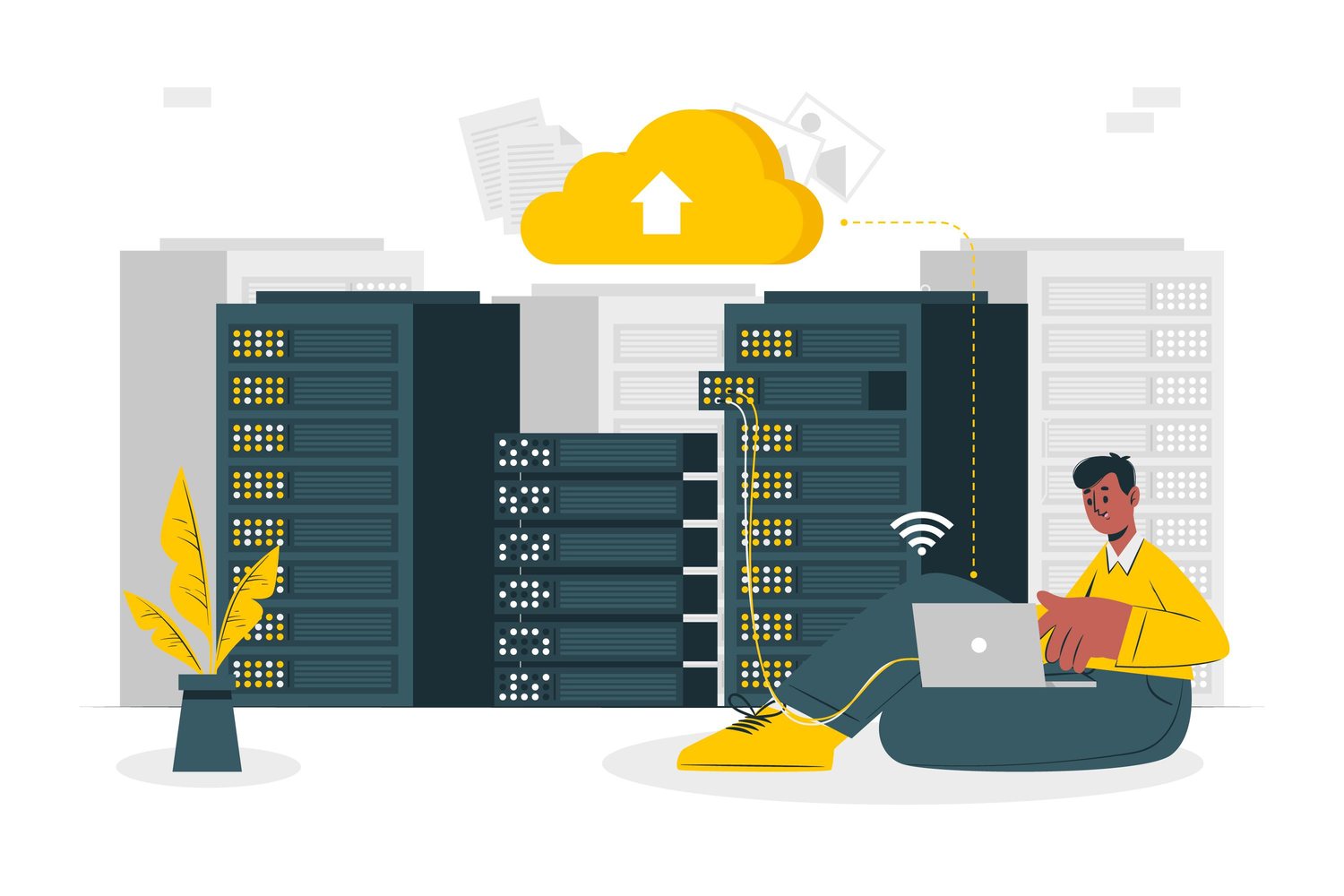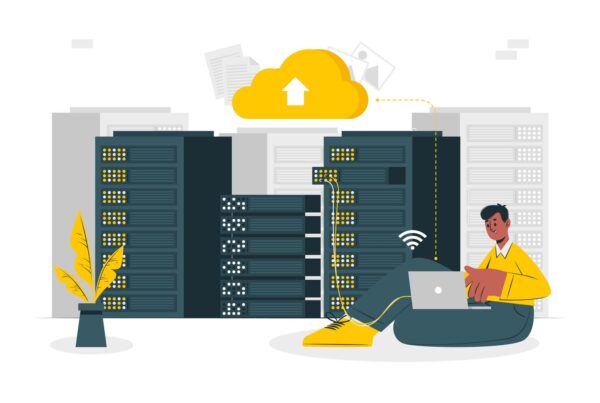Most look at dedicated server hosting as the ultimate hosting solution, and there’s a lot of worth in such a conviction. Indeed, when it comes to performance and reliability, few other hosting solutions come even close to dedicated hosting.
All said, it is important to understand that dedicated hosting is not for everybody. It is important to have an in-house server administrator in order to take full advantage of the setup. Even though most reputed companies would extend full assistance and support in case you face any problems, having a trained professional appointed solely for maintaining the server can add up to better sense and more peace of mind.
Dedicated server hosting solutions are a good choice for large enterprise websites. When you want that extra bit of performance and reliability, along with better security for all your important data, opting for a dedicated server hosting seems like the natural choice. However, the need for using dedicated servers arises only after a careful consideration of the business needs of a company. It is worthwhile to remember that dedicated hosting can cost a good deal more than shared hosting. So if your demands are not high and you are expecting only modicum traffic, there is little point in paying more for dedicated hosting where a good shared hosting solution would perfectly for you.
The three hallmarks of dedicated hosting are high speed, powerful performance and a robust backbone. Add to that a high level of data security and backup plans and it’s easy to see why dedicated servers are in such high demand. Bandwidth requirement is a major determining factor, and if you are expecting heavy amounts of traffic to your site, you should choose hosting your site on a dedicated server that has been set up to process requests made to your domain only. That way you will not have to share the performance of the server computer with other domains.
Here are a few pointers to help you select a dedicated hosting service provider.
1. Remote rebooting capabilities
2. Private back-end tunneling
3. Remote power control
4. RDNS management
5. Bandwidth graphing
6. Guaranteed SLA
7. Redundant backbone providers
8. Hardware upgrade capabilities
9. Fast setup and round the clock support and assistance
Choose your server according to your requirements. Talk to the experts to decide on the best combination of processor speed, Hard Disk capacity, RAM and bandwidth allowances.








